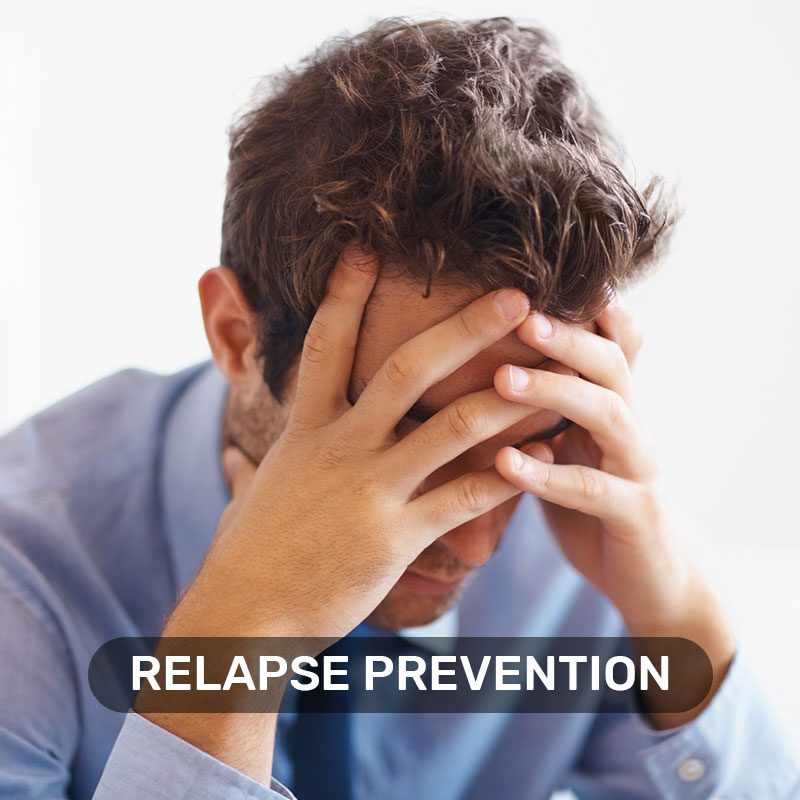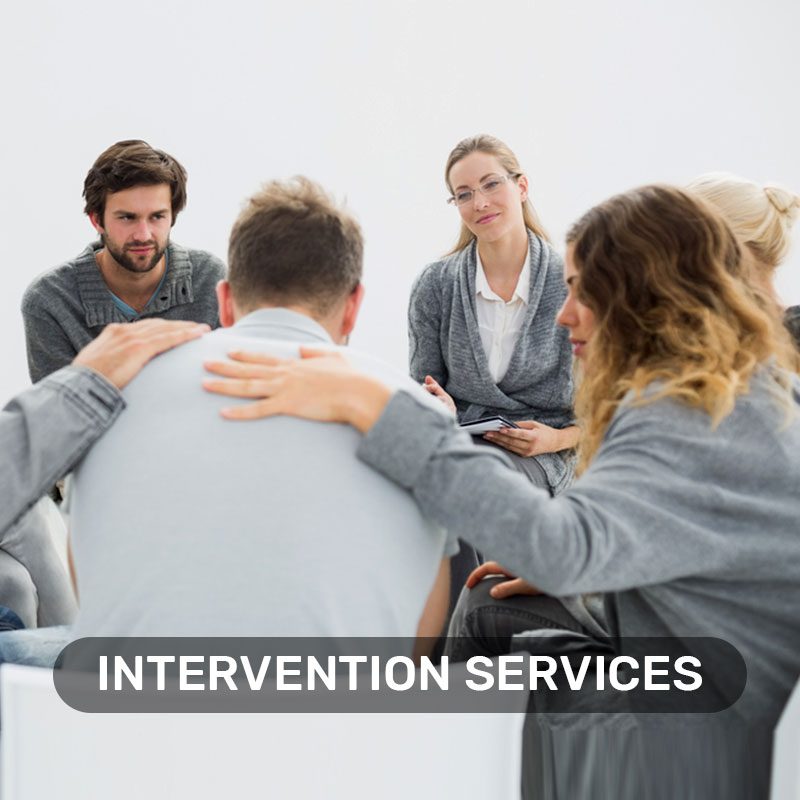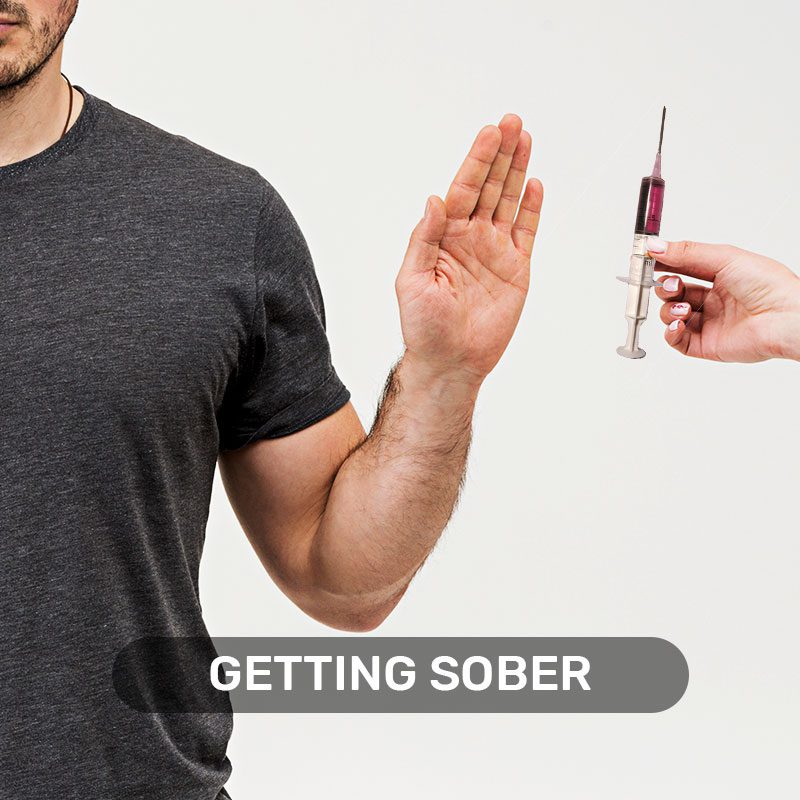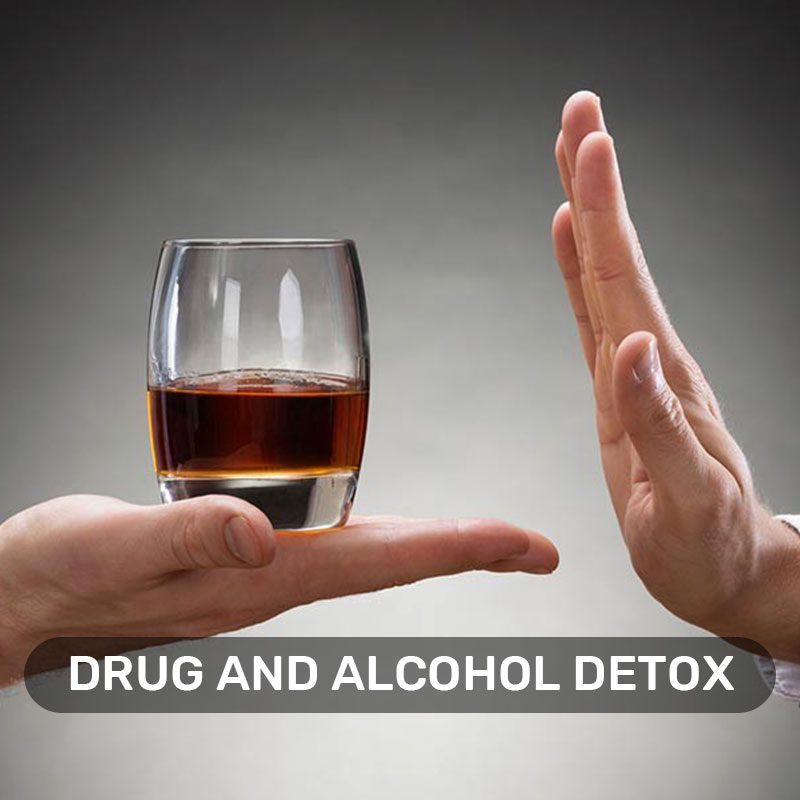info@islamabadrehab.com
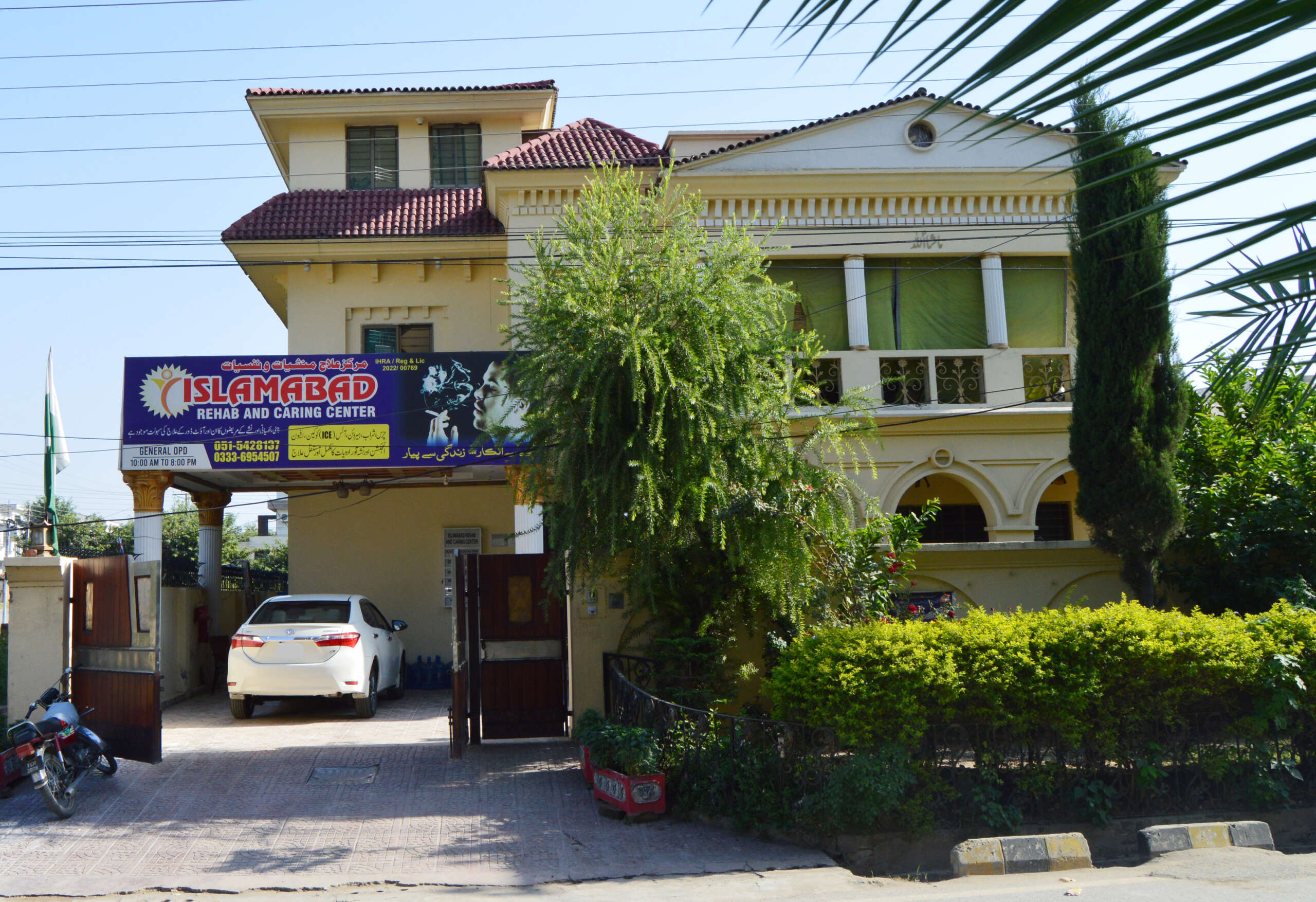
Relapse Prevention: What Is It?
Relapse prevention is a tactic used to lessen the chance of relapsing into drug, alcohol, and other addictive behaviors. There is no limit to what must be included in a strategy to guarantee ongoing sobriety; it takes into account a wide range of issues. Both psychological and physical factors should be taken into account while treating addiction in order to promote a recovery with fewer and less severe relapse episodes.
• Relapse Factors
- Poor Company Slippery Conditions
- Anxiety
- Problems with Anxiety in Relationships
- Anger
- Money Problems
- Problems with the Mind
- Physical Problems
At the Islamabad Rehab and Caring Center, we assist people in recognizing and processing life’s obstacles and difficulties that may result in possible substance abuse. People can discover possible triggers, including feelings, ideas, events, people, emotions, and much more, with the assistance of our clinical experts. Following identification, our skilled staff will assist people in implementing coping mechanisms, communication techniques, anger management techniques, and life skills.
Islamabad Rehab and Caring Center's Relapse Prevention Program
As previously mentioned, Relapse Prevention includes a variety of action plans and conversations on addiction. The course of an individual’s requirements in terms of relapse prevention is unrestricted. The discussions below are not the exclusive or exclusive content of our weekly broadcast.
Going Back to Past Negative Actions
Before developing a Relapse Prevention habit, people need to engage in self-reflection. This involves identifying and detecting harmful behaviors that influence or cause addiction as well as addictive behaviors. Self-aware people can comprehend who they are, what has molded them, why they are who they are, and where they are going. It also enables people to contrast their present behavior with that of their addiction. Cognitive behavior methods for relapse prevention, according to the majority of addiction studies, help people recognize high-risk behaviors and support them in sticking to desired behavioral adjustments. Co-dependency, situational, emotional, and even spiritual are a few examples.
Abstinence
While in recovery, In the realm of addiction, the term “abstinence” refers to the process of refraining from using or participating in addictive drugs or behaviors. The first program designed expressly to treat addiction was Alcoholics Anonymous (AA). Refusing to use alcohol and other drugs while in recovery is the cornerstone of their strategy. It takes an all-or-nothing stance, which can be challenging for certain individuals. The Twelve Steps, the Big Book, and the foundation of A.A. do not recommend a lifetime of abstinence as a goal; rather, they suggest that the real meaning of “one day at a time” is to monitor each day’s objective of preserving and improving effective sobriety techniques. An individual’s biopsychosocial variables can be addressed via abstinence. According to the biopsychosocial model of illness, drug-based symptoms appear during times of abstinence, whereas sobriety-based symptoms appear during that time. It holds that relapse is predicted by a person’s health, lifestyle, brain, and emotions. The approach encourages addressing the social (relationships, criminal participation, sex, co-dependency, etc.), psychological (mental health, emotions, behaviors, communications, anger, etc.), and biological (physical).
Relapse Prevention and Addiction Recovery
Before using, relapse occurs. It doesn’t always entail using, but it could begin with a reminder to use or even a return to previous habits and behaviors. Self-reflection and self-understanding of your usage and behavior are the first steps towards leading a healthy life. Consider sobriety as an ongoing educational process; we learn something new about the world, ourselves, and other people every day. And isn’t that something amazing?
For more information & appointment please contact:
Islamabad Rehab and Caring Center, please gives us a call at 0333-6954507 or email us at Islamabadrebabandcaringcenter@gmail.com
We'd love to hear from you!
We are here and always ready to help you. Let us know how we serve you and we’ll get back within no time.





